In a significant advancement for emergency medical services, Forsyth County, North Carolina, is set to deploy drones equipped with automated external defibrillators (AEDs) to respond to cardiac arrest emergencies. This innovative approach aims to increase survival rates by delivering crucial medical equipment faster than traditional methods, reports Fox 8.
Drones as First Responders
The Forsyth County Sheriff’s Office announced the new program on their Facebook page, highlighting the potential of Drone Technology to save lives. These specially equipped drones will be capable of rapidly transporting AEDs to cardiac arrest patients, potentially beating ground-based emergency responders to the scene.
“Drones will soon be Forsyth County’s newest life-saving tool, flying an AED to a cardiac arrest patient, increasing the chance of survival,” the sheriff’s office stated in their social media post.
Community Engagement and Education
To familiarize residents with this new technology, the county is organizing a series of information sessions across various locations. These events will provide an opportunity for the public to learn about the drone program and see the equipment first-hand.
The first session is scheduled for July 17, 2024, at the Clemmons Branch Library. Subsequent sessions will be held at libraries in Rural Hall, Lewisville, Walkertown, and Winston-Salem throughout July and August.
Collaborative Effort
This innovative program is the result of a collective partnership involving several key stakeholders:
- Forsyth County Sheriff’s Office
- Duke University
- Forsyth County EMS
- Hovecon
- Aerox
Funding for the AED drone program comes from a substantial $4 million grant provided by the American Heart Association, underscoring the potential impact of this technology on public health outcomes.
DroneXL’s Take
The introduction of AED-equipped drones in Forsyth County represents a significant leap forward in emergency medical response capabilities. This technology has the potential to dramatically reduce response times in cardiac emergencies, where every second counts.
While this specific implementation is new, the concept of using drones for medical deliveries has been gaining traction globally. Similar programs have shown promising results in other regions, with drones proving to be faster and more efficient than traditional ground transportation in certain scenarios.
As drone technology continues to evolve, we can expect to see more innovative applications in public safety and healthcare. The Forsyth County initiative could serve as a model for other communities looking to leverage drones for life-saving purposes, potentially reshaping the landscape of emergency medical services across the country.
Photo courtesy of the TU Delft.
Discover more from DroneXL
Subscribe to get the latest posts to your email.
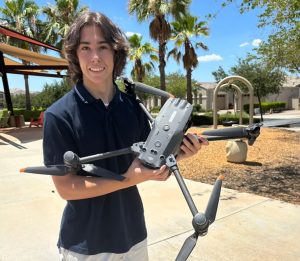
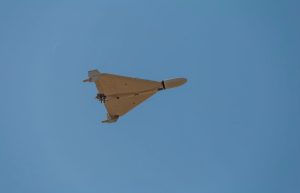
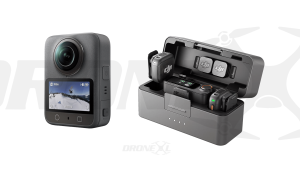
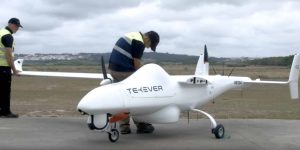





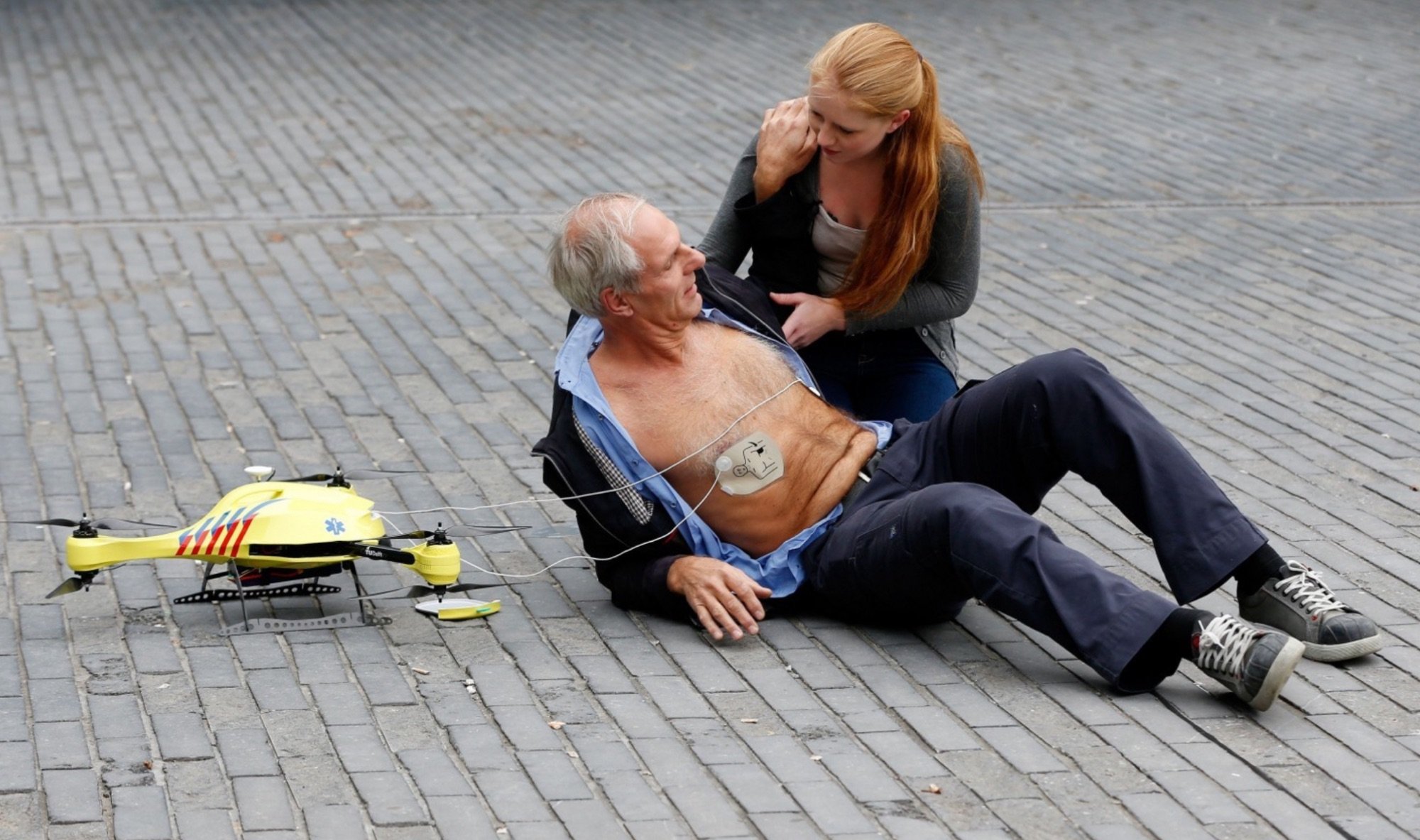
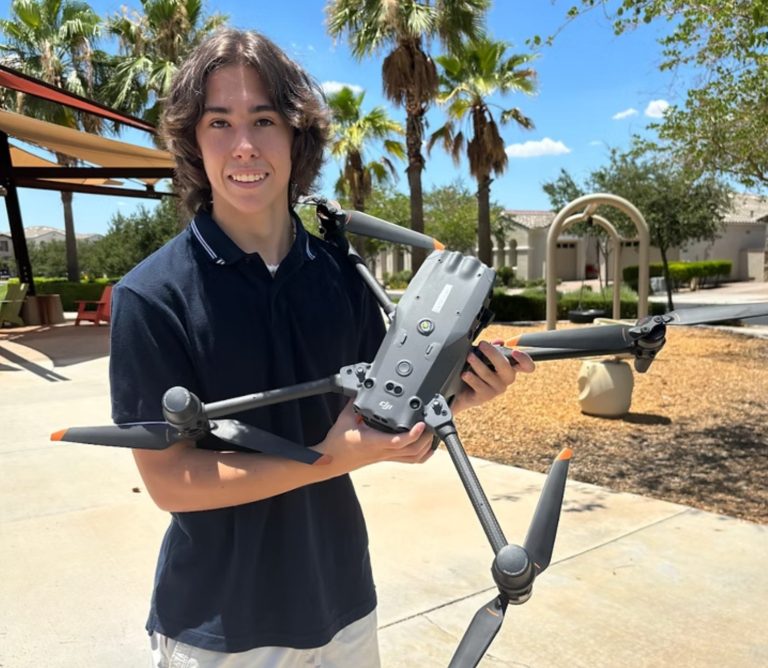
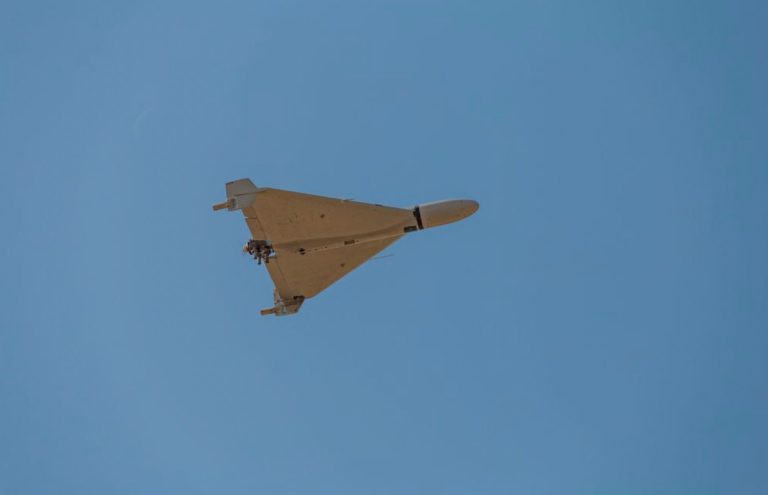
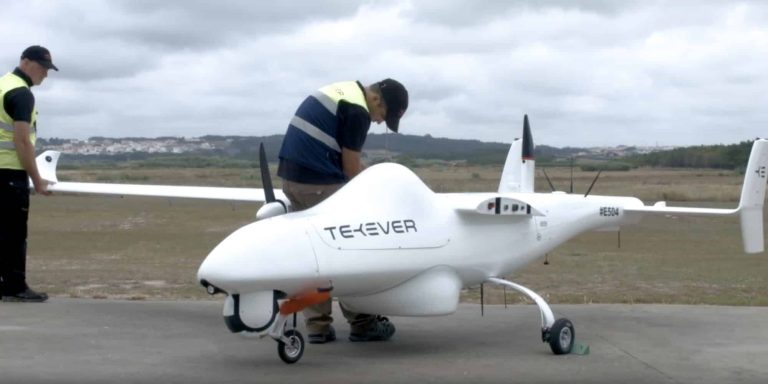
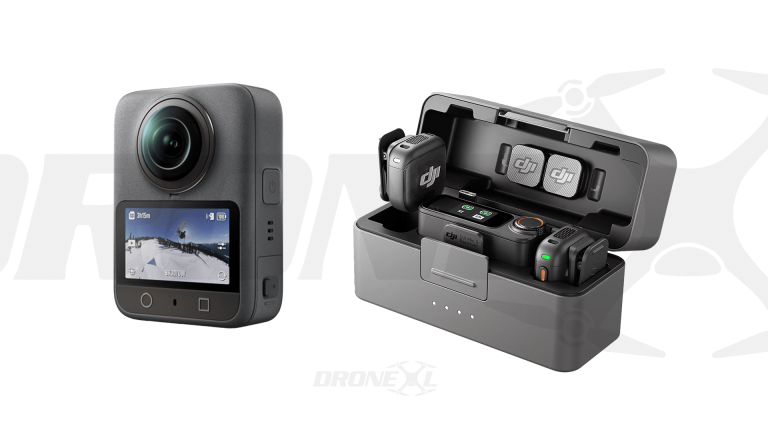





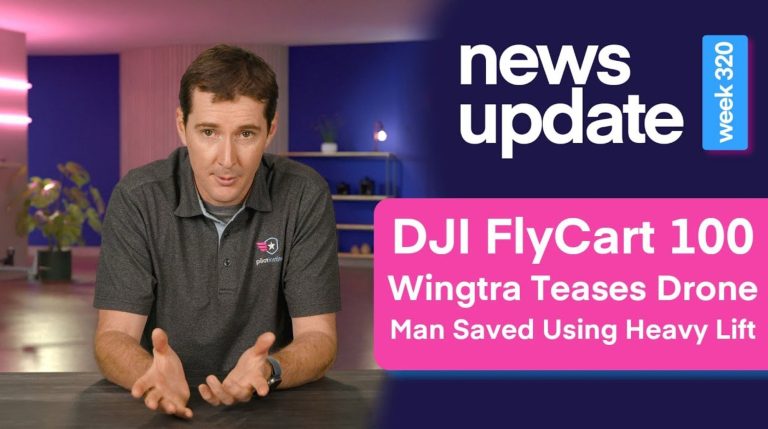
+ There are no comments
Add yours